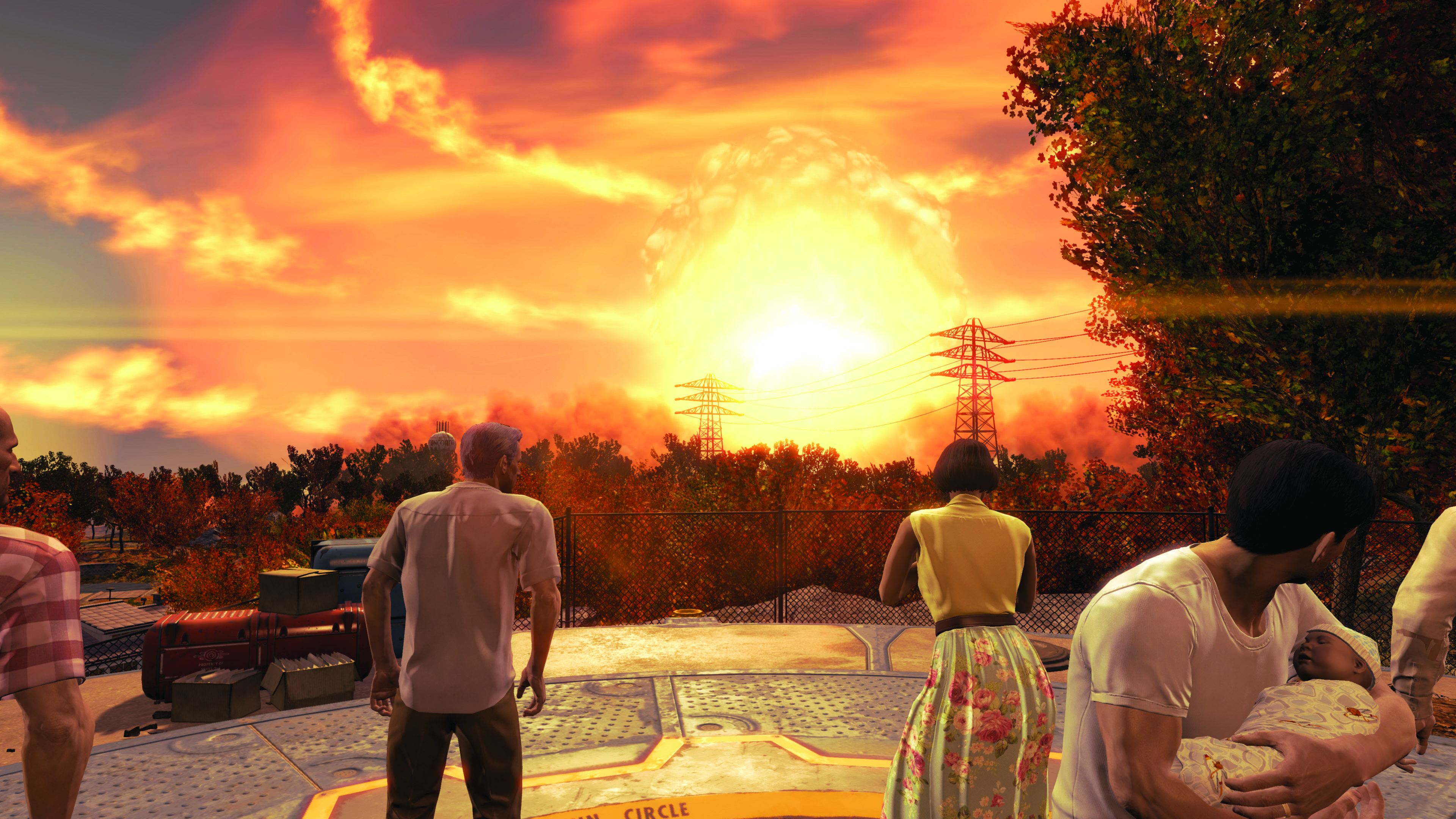
I may not have lived through the Cold War, but I, along with Millennials and younger generations, carry the burden of anxiety regarding the potential for nuclear threats. This fear intensifies with the advancement of artificial intelligence (AI).
Reports indicate that some nuclear war experts are apprehensive about AI being integrated into nuclear launch systems. Bob Latiff, an ex-US Air Force general, likened the inevitability of this integration to how electricity spread widely.
These experts stress the importance of maintaining human oversight, emphasizing that the final act of launching a nuclear weapon is not a solitary task—it’s the outcome of numerous human decisions. The lingering question remains: How much authority should AI have in these crucial decisions?
“The AI race is the second Manhattan project.”
- Discussion from a Twitter post by Jon Wolfsthal.
Wolfsthal raised concerns regarding the reliance on AI, warning that automating parts of this system could create new vulnerabilities and lead to misinformation.
As AI technology has progressed, the historical lack of understanding about its true nature has created misplaced trust. For AI to be a useful tool in such perilous situations, it needs to complement human judgment rather than replace it. This discussion continues among experts who are concerned about the balance of power between technology and human oversight.
